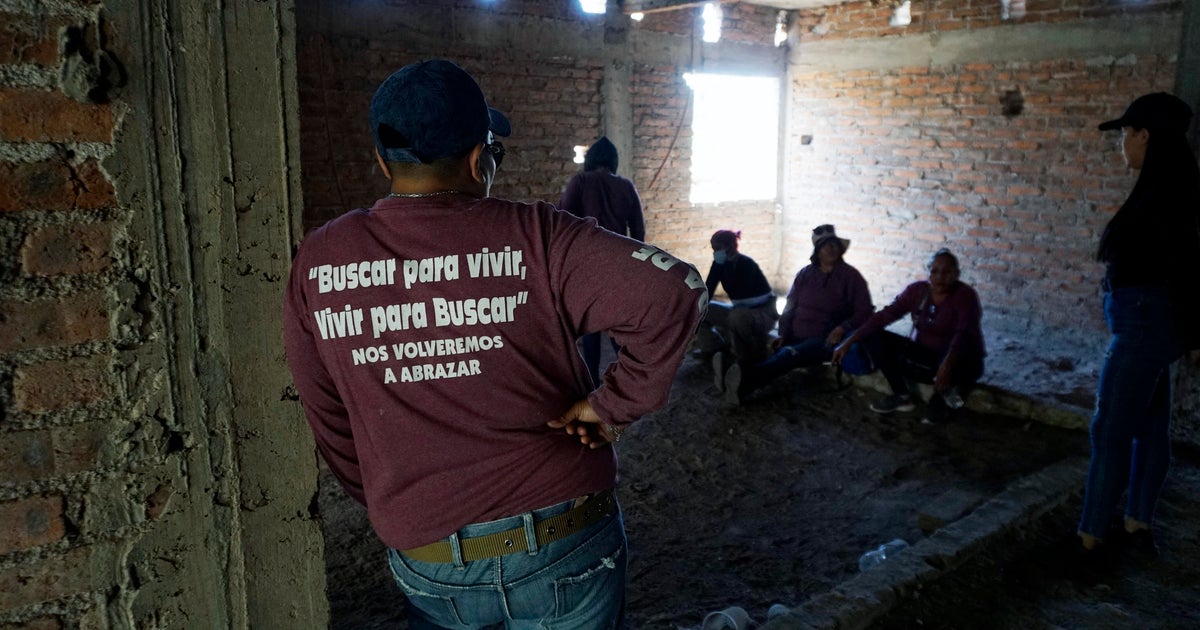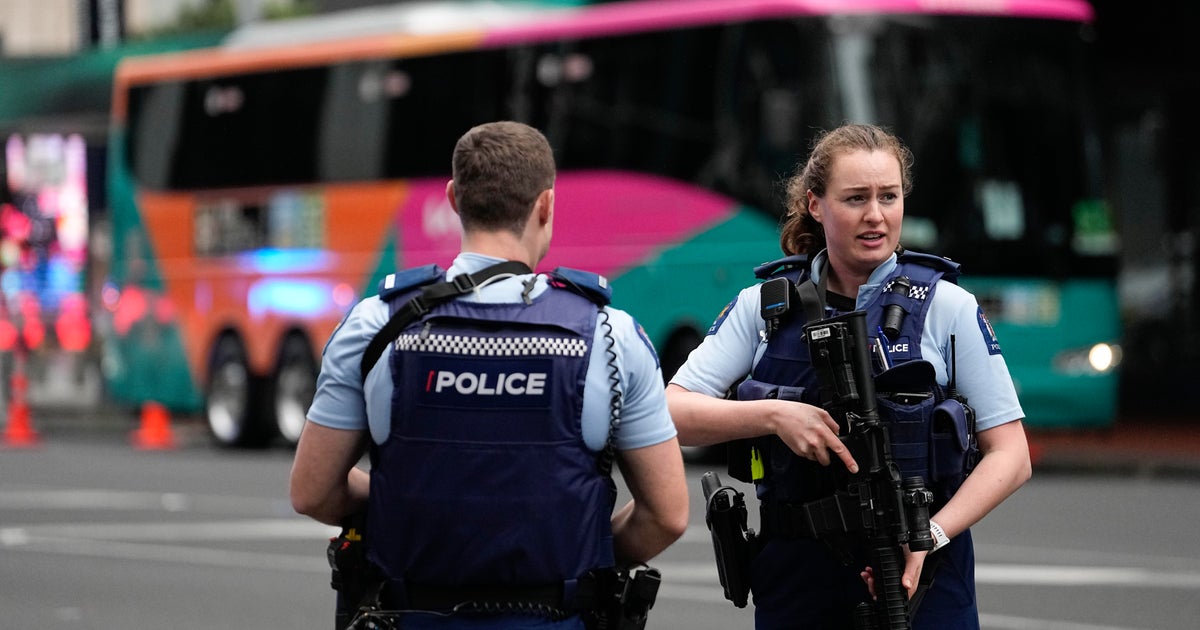Khamenei Calls for Muslim Unity Amid Gaza Tensions

On Monday, Iran's supreme leader, Ayatollah Ali Khamenei, issued a passionate plea for Muslim unity, emphasizing the urgent need for coordinated efforts between Iran and Pakistan. He framed this collaboration as essential in light of what he described as the "crimes of the Zionist regime" occurring in Gaza. Through a series of posts shared on X, formerly known as Twitter, Khamenei stated, "Effective, joint efforts by Iran and Pakistan are necessary to stop the Zionist regime's crimes in Gaza," underscoring the Palestinian cause as a pivotal issue for the Islamic world.
Khamenei praised Pakistan's unwavering stance on the Palestinian issue, noting that the country has remained impervious to external inducements aimed at establishing ties with Israel. He remarked, "Pakistan’s stance on the Palestinian issue has been very commendable. While there have always been inducements for Islamic countries to establish ties with the Zionist regime, Pakistan has never been influenced by those inducements." This sentiment reflects a long-standing relationship between the two nations, which Khamenei described as warm and brotherly.
The Iranian leader highlighted historical examples of solidarity between Iran and Pakistan, referencing the support Pakistan offered during the Iran-Iraq War, also known as Saddam’s imposed war on Iran. He stated, "Relations between Iran and Pakistan have always been warm and brotherly. Pakistan’s commendable stance during Saddam’s imposed war on Iran is a clear example of these brotherly relations." This assertion not only reinforces the historical ties but also sets the stage for a united front on current geopolitical issues.
Khamenei’s call for unity comes at a time of heightened tensions in Gaza, where renewed violence has reignited debates over the Palestinian issue. He urged Muslim nations to stand together, asserting, "At a time when the warmongers in the world have numerous motives for creating conflicts and wars, the only way to ensure the security of the Islamic Ummah is the unity of Muslim nations." This statement reflects a broader trend in regional politics, where leaders are increasingly calling for solidarity among Islamic nations, especially in the face of perceived threats.
In a related development, Pakistan's Prime Minister Shehbaz Sharif, who was in Tehran for a four-nation tour, expressed his willingness to engage in peace talks with India. During his visit, Sharif highlighted the need to address various pressing issues, including Kashmir, terrorism, water sharing, and trade. His discussions in Tehran included a meeting with Iranian President Masoud Pezeshkian, where he received a ceremonial guard of honor. This diplomatic visit marks a significant step as both leaders navigate complex regional dynamics while addressing the ongoing crisis in Gaza.



























